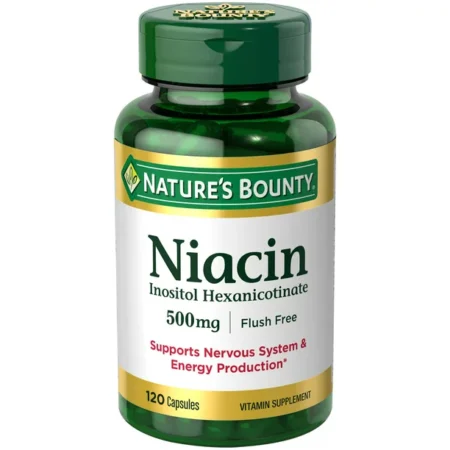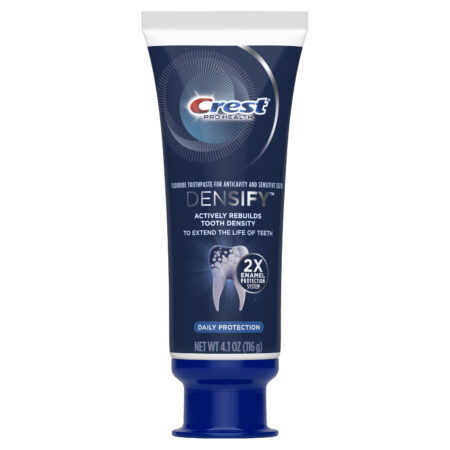Integrating a retrospective analysis of medical records with extensive lab research studies, scientists at The University of Texas MD Anderson Cancer Center have actually found that vitamin E can boost immunotherapy reactions by promoting the activity of dendritic cells in the growth. The findings were released today in Cancer Discovery
The scientists showed that vitamin E straight binds and obstructs the activity of the SHP1 checkpoint protein in dendritic cells, which increases antigen discussion and primes T cells for an anti-tumor immune action. The outcomes indicate possible brand-new restorative methods to enhance immunotherapy results, consisting of mixes with vitamin E in addition to straight targeting SHP1 in dendritic cells.
” This research study expands our understanding of elements that can affect reactions to immunotherapies,” stated matching author Dihua Yu, M.D., Ph.D., chair advertisement interim of Molecular & & Cellular Oncology. “We showed that vitamin E can revitalize dendritic cell antigen discussion by means of the inhibition of SHP1. These outcomes show that vitamin E-treated or SHP1-silenced dendritic cells and dendritic cell-derived extracellular blisters might be established as powerful immunotherapies for future medical applications.”
Vitamin E gotten in touch with enhanced immunotherapy reactions
Immune checkpoint inhibitors, a kind of immunotherapy, offer lasting reactions for lots of clients with cancer, however not all advantage. There is a requirement to comprehend these diverse reactions in order to enhance results for more clients.
Dietary supplements are believed to increase resistance, however little is learnt about the impacts of supplements on immunotherapy activity. To check out the connection, the scientists carried out a retrospective analysis of medical information from MD Anderson clients treated with immunotherapy.
Clients with cancer malignancy who took vitamin E while on anti-PD-1/ PD-L1 checkpoint inhibitors had actually considerably enhanced survival compared to clients who didn’t take vitamin E or multivitamins. This finding was duplicated in an independent blended accomplice of clients with breast, colon and kidney cancers. Nevertheless, clients taking vitamin E while being treated with chemotherapy did not experience the very same advantages, recommending the impacts were distinct to chemotherapy.
Next, the scientists showed that vitamin E boosted reactions to checkpoint inhibitors in immunogenic mouse designs of breast cancer and cancer malignancy. Nevertheless, designs with low levels of tumor-infiltrating dendritic cells did not gain from vitamin E, recommending the impacts depended on these cells.
Figuring out the impacts of vitamin E on dendritic cells
Dendritic cells are a particular class of immune cells accountable for providing unusual proteins– called antigens– to prime T cells, which is a vital action in the anti-tumor immune action. Nevertheless, tumor-associated dendritic cells can end up being inefficient due to suppressive signals in the growth microenvironment.
The scientists showed that the vitamin E treatment resulted in upregulation of a number of activation markers on the dendritic cells. In addition, dendritic cells from growths treated with vitamin E promoted more T cell expansion relative to controls, recommending vitamin E boosted the priming action.
Through molecular and structural research studies, the scientists found that vitamin E gets in dendritic cells and binds to the SHP1 protein– which functions as a checkpoint to control dendritic cell activity– to obstruct its activity and boost dendritic cells’ performance to prime T cells.
Obstructing SHP1 genetically imitated the outcomes with vitamin E, causing increased antigen discussion that promoted T cell anti-tumor reactions. Likewise, obstructing SHP1 boosted antigen discussion in extracellular blisters launched by dendritic cells– another essential mode of interaction in between dendritic cells and T cells.
Targeting SHP1 might be an unique restorative technique
As vitamin E appears to enhance the antigen discussion of dendritic cells, the scientists examined whether vitamin E might boost reactions from treatments understood to launch growth antigens and hire dendritic cell seepage.
Lab findings showed that vitamin E treatment might enhance the impacts of cancer vaccines and immunogenic chemotherapies integrated with checkpoint inhibitors, consisting of in a design of immunotherapy-resistant pancreatic cancer.
” SHP1 is an appealing target to efficiently trigger dendritic cells for the advancement of powerful immunotherapy,” stated lead author Xiangliang Yuan, Ph.D., research study researcher in Molecular & & Cellular Oncology. “This work yielded essential insights on the interaction in between vitamin E and SHP1 that will direct us to establish more particular allosteric SHP1 inhibitors. Compellingly, it appears that releasing dendritic cells by hindering SHP1 might be a helpful technique to boost antitumor resistance.”
The research study group is now checking out chances with medical partners at MD Anderson to prospectively examine the impacts of vitamin E in mix with checkpoint inhibitors and other immunotherapies. Staff member likewise are checking out chances to establish a targeted SHP1 inhibitor in addition to SHP1-modified dendritic cells and dendritic cell-derived extracellular blisters as unique future restorative choices.
This research study was supported by the National Institutes of Health (R01CA184836, R01CA208213, R01CA231149, P30CA016672, P01CA092584, R35CA220430), METAVivor (56675, 58284), the MD Anderson Duncan Household Institute for Cancer Avoidance and Threat Evaluation, the Cancer Avoidance and Research Study Institute of Texas (CPRIT) (RP180813), the Robert A. Welch Chair in Chemistry, and the Hubert L. & & Olive Stringer Distinguished Chair in Basic Science.






